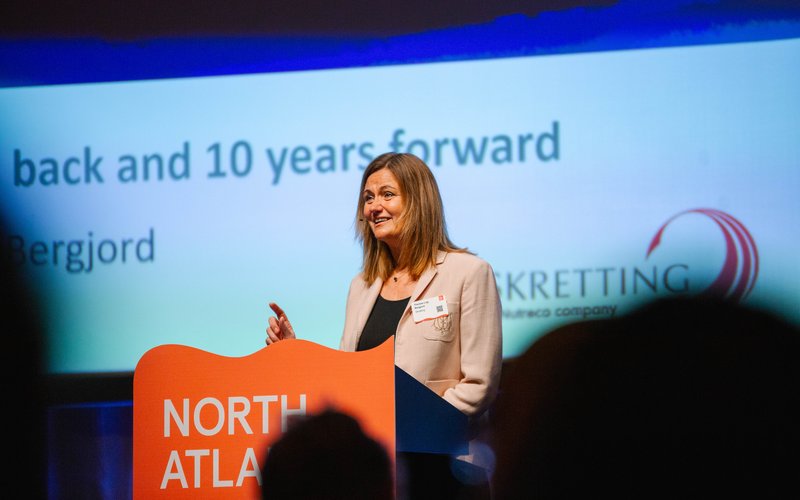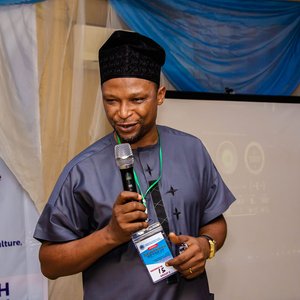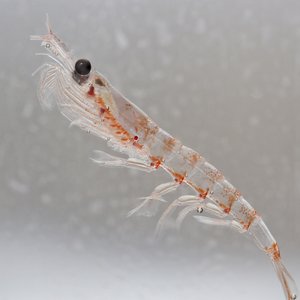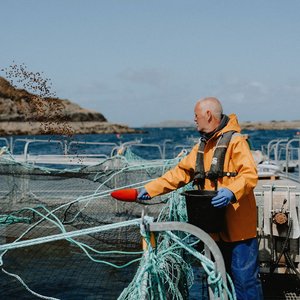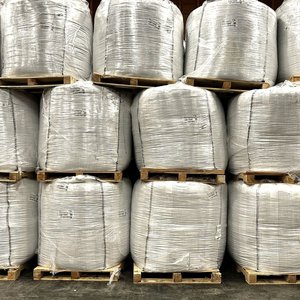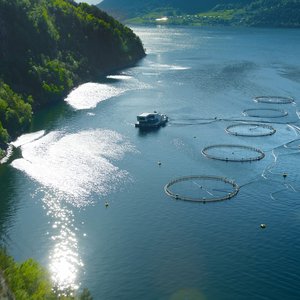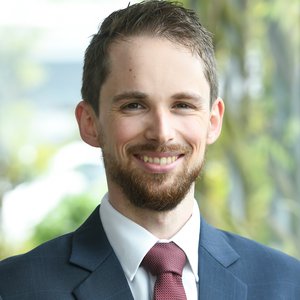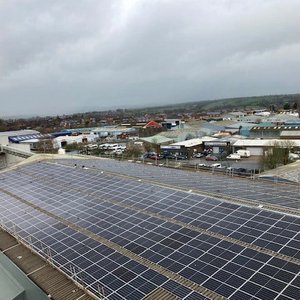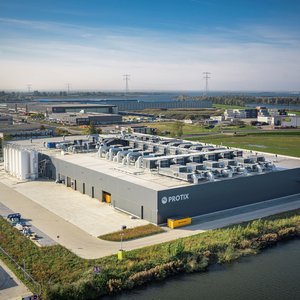Skretting CEO Therese Log Bergjord was one of the keynote speakers at the 2024 North Atlantic Seafood Forum in Bergen. As a large player in the industry and with 35% of its business being salmon-related, Bergjord shared some reflections on how the industry has changed in the past ten years and what the perspectives for the next ten are.
What were the key topics ten years ago? “At that time, we used to have lower flexibility. We used fewer ingredients in the recipes that we do today. We relied heavily on some key raw materials. Volatility in cost and prices often came from large swings in one of these ingredients, so it was quite a transparent business to run. The volatility was reflected sharply in the cost of the feed and there through that the production cost of the farmer,” Bergjord said.
In the past ten years, a major R&D effort was put into reducing dependency on ingredients that the industry believed were going to be limited in the future, basically becoming independent from marine ingredients. “We reduced the amount of fishmeal that we used by about 50%. The fish oil had been partially replaced by vegetable oils, mainly rapeseed oil. Moreover, the industry had fewer health problems and did not speak about new ingredients, novel segments and other sustainability topics,” Bergjord pointed out.
Norway versus Chile
Bergjord compared the evolution of the two main salmon-producing countries, Norway and Chile. Over the past ten years, the feed cost in Chile has increased by around 20% and the carbon footprint has been reduced by 15%. Fishmeal has been (fully) replaced by animal and vegetable proteins.
In Norway, the industry has reduced carbon emissions by 32% and feed costs have increased by more than 80%. “A significant portion of this increase is due to the currency exchange rates and the weakening of the Norwegian krone, but the main reason is the limitation we have on alternative ingredients. Fishmeal is still used today in Norway due to a lack of alternative proteins, only vegetable-based. To a large degree, our self-imposed restrictions have not helped us increase raw material flexibility and keep the cost down,” Bergjord said.
Bergjord highlighted the market and self-imposed restrictions on ingredients such as genetically modified (GM) ingredients, land animal proteins or palm oil. “There are great opportunities across the world that we are not using in the industry today and they are safe. Their efficiency has been proven through R&D and the use in feeds in other regions with good results.”
In October 2023, a workshop with the largest French retailers, processors, Norwegian salmon farmers and feed producers, discussed the facts behind the lack of acceptance in the country of salmon fed with these ingredients. The workshop found that consumer’s perceptions change after getting the right information.
“The aquaculture industry must be bold and proactive, bringing difficult conversations to the table. Consumer behavior is driven by assumptions, and it is our job to make educated decisions while ensuring consumers have the right information,” Bergjord said.
A call for action
For the coming years, Bergjord believes that more governance and detailed information on transparency and traceability will be needed. “We will see larger competition with other industries for the ingredients that we need in line with possibly reduced availability. We must figure out how to use the soil and water more effectively, back to GMOs, etc., we need to create more flexibility and become more resilient.”
The average feed cost has increased significantly in Norway and in Chile, by an average of 50% over the past ten years. So how can the industry avoid another surge in the next ten years? “We need to remove self-imposed restrictions. This is a call to action for ingredient suppliers, feed producers, farmers, retailers, authorities, NGOs, etc., as an industry. I believe we must start acting accordingly to create an even more sustainable future,” concluded Therese.


